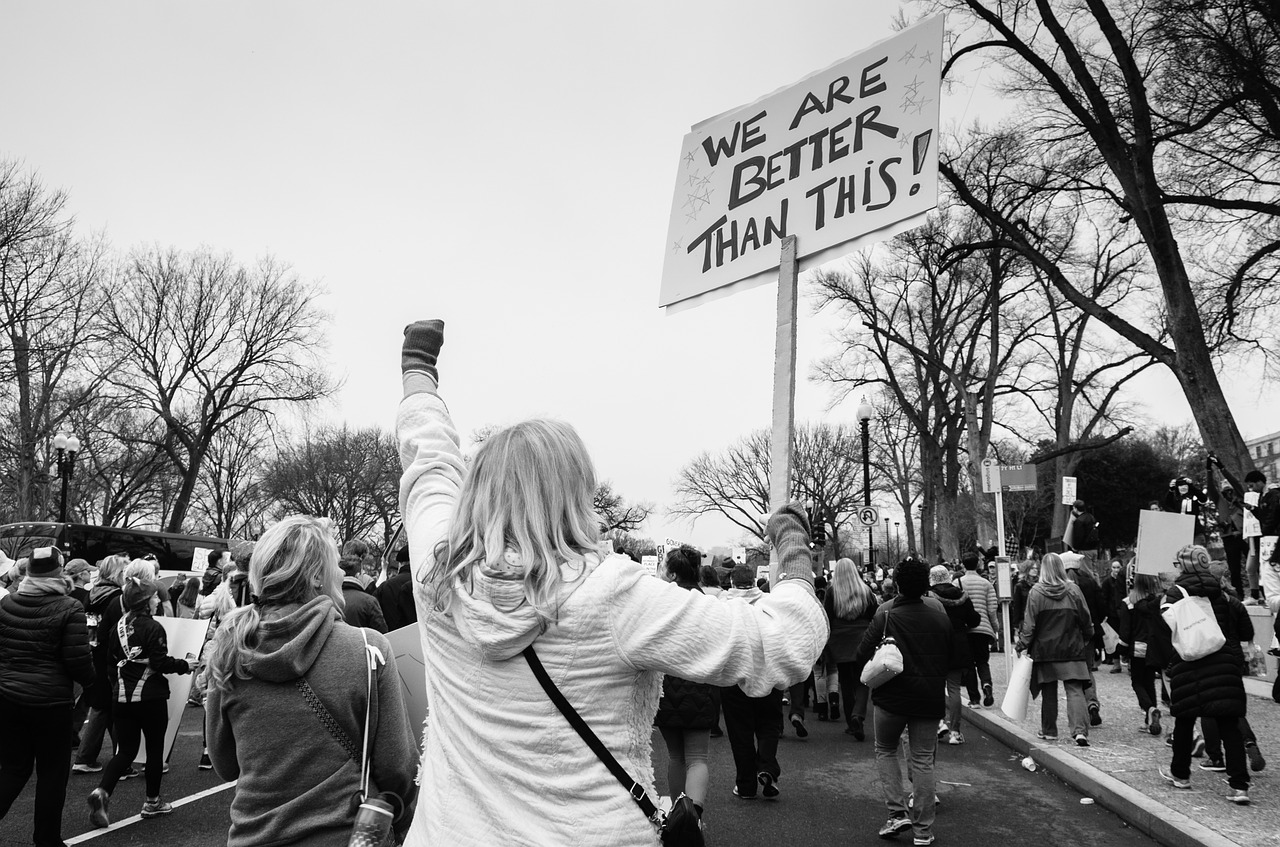By Nora Lessersohn, A.M.
In the past few years, social, political, environmental, financial, and medical crises have made it abundantly clear that one’s race, ethnicity, sexual orientation, gender identity, and/or disability status directly affect/s their health, finances, work, education, and ability to live life itself. In response, colleges have started to ask their applicants to reflect on how they themselves have contributed to creating equitable and just outcomes for all. The following three prompts are exemplary:
Villanova: St. Augustine states that well-being is “not concerned with myself alone, but with my neighbor’s good as well.” How have you advocated for equity and justice in your communities?
Princeton: Princeton has a longstanding commitment to service and civic engagement. Tell us how your story intersects (or will intersect) with these ideals.
University of Richmond: Please share one idea for actions or policies that you think would begin to address an issue of racial or social injustice.
Such prompts may feel difficult for students who don’t consider themselves “political” (or those who simply understand how massive these problems are). But working towards equity and justice doesn’t begin and end with a protest or a social media post. In fact, you’ve probably worked towards these goals without even realizing it! Here are three questions to ask yourself to help you write a social justice essay.
1) How and when have I tried to be inclusive of others? Inclusion is an important element of working towards equitable social outcomes, whether it happens at a policy level, or at school with your peers. Have you made an effort to incorporate people from different backgrounds into an activity or conversation, whether in a sport, a club, or a social setting? This act could form the basis of a solid social justice essay in which you talk about the value of inclusion to your community.
2) How and when have I tried to help others? While not all assistance relates to issues of equity and justice, thinking about the times you have worked to help people will help you reflect on how your actions may have contributed to these goals. Have you worked as a tutor or mentor? Have you volunteered at a hospital? Have you organized a food drive? While you may not have thought about the macro effects of your service at the time, thinking now through the lens of equity and justice, how do you understand the work that you did? Is there something you could have done better (and will do in the future)?
3) How and when have I tried to ask difficult questions? For many, the first step in working for equity and justice is developing the awareness that there is systemic and racial inequality everywhere we look. When have you been most aware of these issues in society, and what questions did this awareness prompt you to ask? Who did you ask, or did you keep those questions to yourself (and why)? Reflecting on your own process of understanding could be a powerful way to engage with the topic of social justice, and a jumping off point for discussing how you would work towards a more equitable social world in college and beyond.
Hopefully, asking yourself these questions will help you realize that, even if you’ve never protested, posted, or even just “talked politics,” you may still have made an important effort to make the world a better place to live.

Comments are closed.